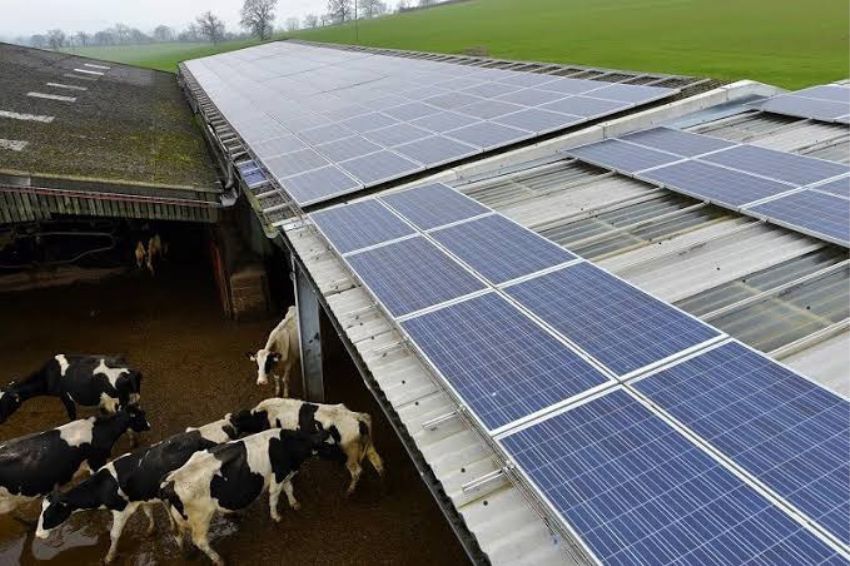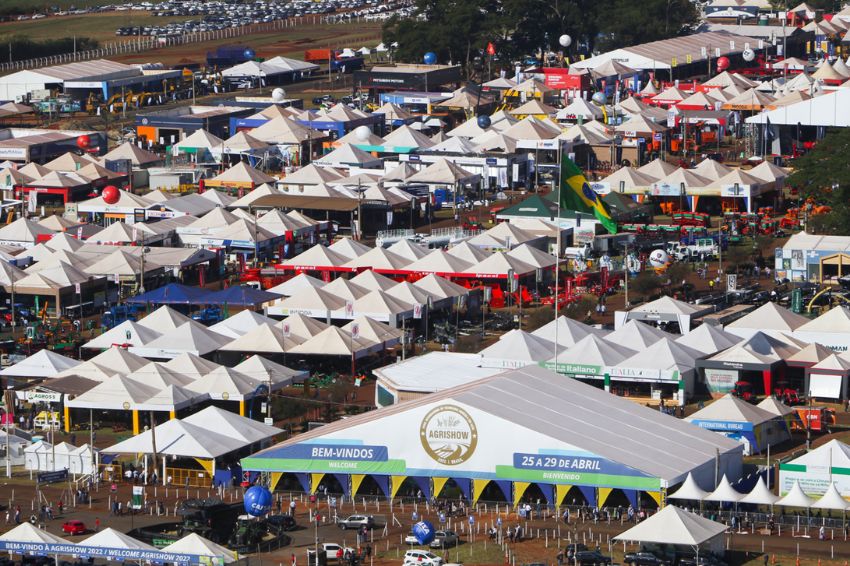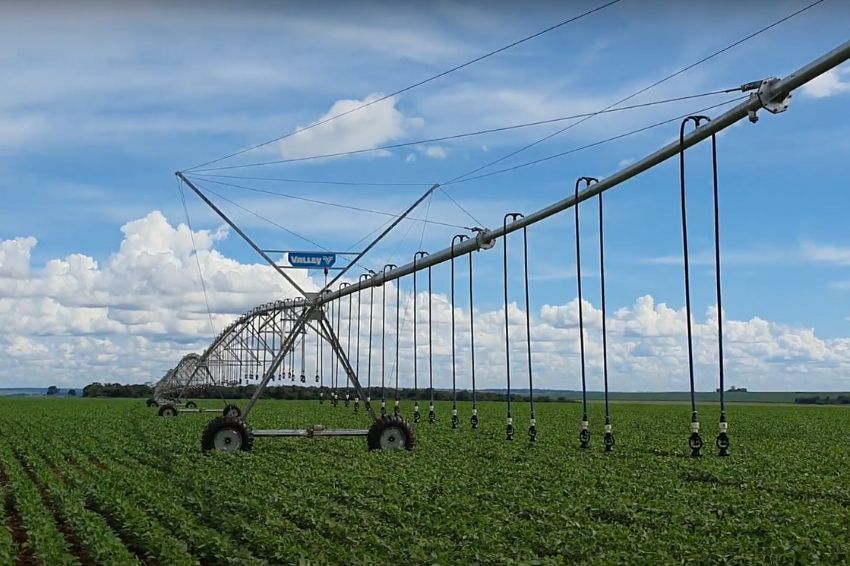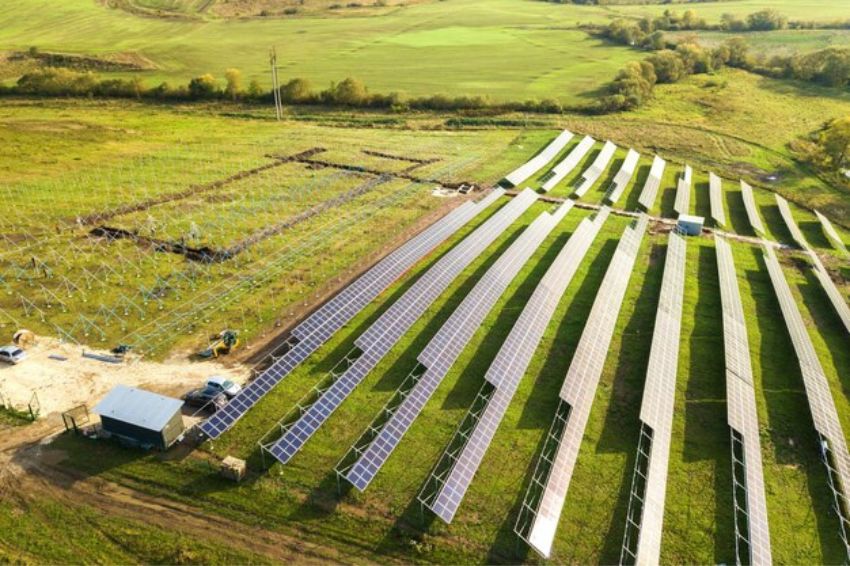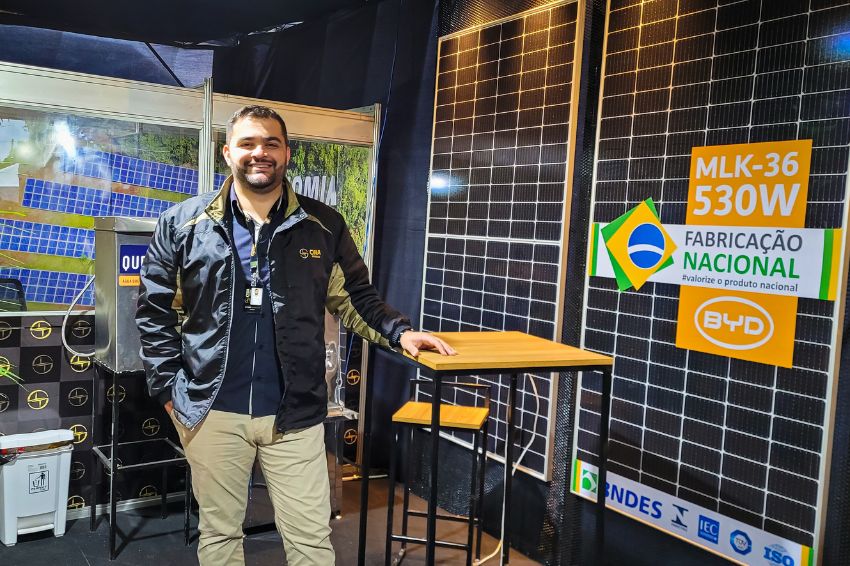O agribusiness in Brazil is one of the economic segments with the greatest ability to generate wealth and reduce social disparities. Today, the production chain is responsible per more than half of exports and for more than a quarter of GDP (Gross Domestic Product).
The sector is, however, the one in which they are found most consumers at the end of the transmission line, i.e., which still require the arrival of better quality energy.
The problem can be resolved with the installation of more solar energy systems. However, according to data from the INEL (National Clean Energy Institute), only 13% from source photovoltaic generated in the country is currently focused on agribusiness and family farming.
In webinar carried out by Solar Channel, this Tuesday (27), Tarcisio Augusto Dario, regional director of INEL, explained that the little participation of solar in the field is related to the concern that most integrators have to selling equipment, without first analyzing the needs of rural producers.
“We have countless solutions, but the problem is that we are unable to get them to the end. This is a reflection that I would like to bring to this webinar, because we know the solutions that can resolve these issues in agribusiness and family farming, but this is not reaching the end”, he said.
Lack of energy: a problem in agribusiness
During the webinar, Augusto Dario presented a study released by Agroinsight, which shows that among the nine main bottlenecks in agribusiness in Brazil, four are directly related to energy. According to him, the main bottlenecks are:
- Connectivity and lack of data communication on properties, as many consumers claim difficulty in maintaining such connectivity due to the lack of energy, which is very intermittent in rural areas of the country.
- The cost of production and outdated technological packages, since the value invested in the production of inputs is directly related to the cost of energy that a rural consumer has to produce.
- Lack of international competitiveness, caused by the higher production cost, mainly due to the value of the energy tariff.
- Lack of quality energy, since the Brazilian electrical system is outdated in most rural regions of the country, due to lack of investment.
Opportunity for integrators
According to the executive, there is a lack of initiatives that take solar energy to the field and that make it possible to create more business opportunities for companies in the sector.
“We have to rethink the way we add value when we sell an energy generation project. We have to stop selling panels, modules, structure and cables. We have to start adding value to the lives of these consumers”, emphasizes Augusto Dario.
As an example, he cites the fact that few companies offer a package of services that also include other technologies.
“Many rural producers do not install solar panels, because they say it is very prone to theft and will draw attention from other people. So, together with a photovoltaic energy system, we can offer electronic security, perimeter control and even smart cameras. This costs the project practically nothing and generates very large values for the business”, he highlights.
Another point of action recommended by Augusto Dario is that integrators create strategic alliances with entities in the agribusiness sector (local, regional or national), such as SEBRAE (Brazilian Support Service for Micro and Small Businesses), so that actions can be developed that provide information to rural producers.
“They are very simple people who need this guidance, as many don't even know where to start. Unfortunately, there are many myths about photovoltaic systems in the country and many fail to install them out of fear or because of untruths they hear”, he pointed out.
According to Tarcísio, investing in actions that value rural consumers is important not only for social reasons, but also for the appreciation of the company itself. “With the great competition we have in the market, with more and more companies, those that offer differentiated services will be the ones that will stand out and remain in business”, he concludes.
Watch the full webinar:


